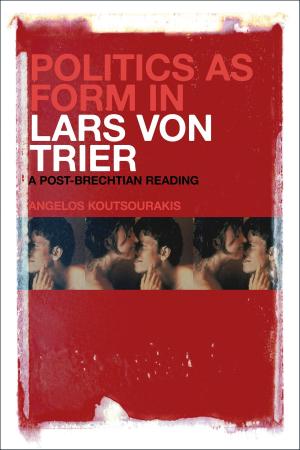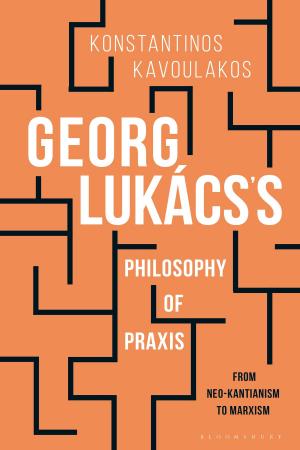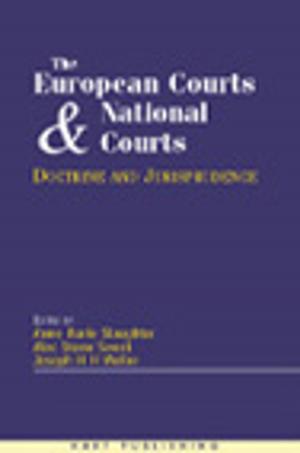St Thomas Aquinas
Nonfiction, Reference & Language, Education & Teaching, Reference, Educational Theory, Philosophy & Social Aspects| Author: | Vivian Boland OP, Professor Richard Bailey | ISBN: | 9781441137388 |
| Publisher: | Bloomsbury Publishing | Publication: | October 23, 2014 |
| Imprint: | Bloomsbury Academic | Language: | English |
| Author: | Vivian Boland OP, Professor Richard Bailey |
| ISBN: | 9781441137388 |
| Publisher: | Bloomsbury Publishing |
| Publication: | October 23, 2014 |
| Imprint: | Bloomsbury Academic |
| Language: | English |
It may be surprising that the thought of a medieval theologian still informs many areas of intellectual debate, but there continues to be lively interest in the work of Thomas Aquinas. He considers the most radical questions for our thinking about education: what is a human being? what does it mean to learn? what does it mean to teach? what does it mean to know, to understand, and to search for the truth?
In this text, Vivian Boland offers a short biography of Aquinas focused on his personal experiences as a student and teacher. The book then provides a critical exposition of the texts in which Aquinas develops his views about education and includes a short account of the reception and influence of his thinking. Finally, it considers in some detail the most significant points of contact between Aquinas's educational thought and current concerns – his conviction about the goodness of the world, his holistic understanding of human experience and his contributions to virtue theory – and highlights the continuing relevance and influence of this work and thinking within educational philosophy today.
It may be surprising that the thought of a medieval theologian still informs many areas of intellectual debate, but there continues to be lively interest in the work of Thomas Aquinas. He considers the most radical questions for our thinking about education: what is a human being? what does it mean to learn? what does it mean to teach? what does it mean to know, to understand, and to search for the truth?
In this text, Vivian Boland offers a short biography of Aquinas focused on his personal experiences as a student and teacher. The book then provides a critical exposition of the texts in which Aquinas develops his views about education and includes a short account of the reception and influence of his thinking. Finally, it considers in some detail the most significant points of contact between Aquinas's educational thought and current concerns – his conviction about the goodness of the world, his holistic understanding of human experience and his contributions to virtue theory – and highlights the continuing relevance and influence of this work and thinking within educational philosophy today.















